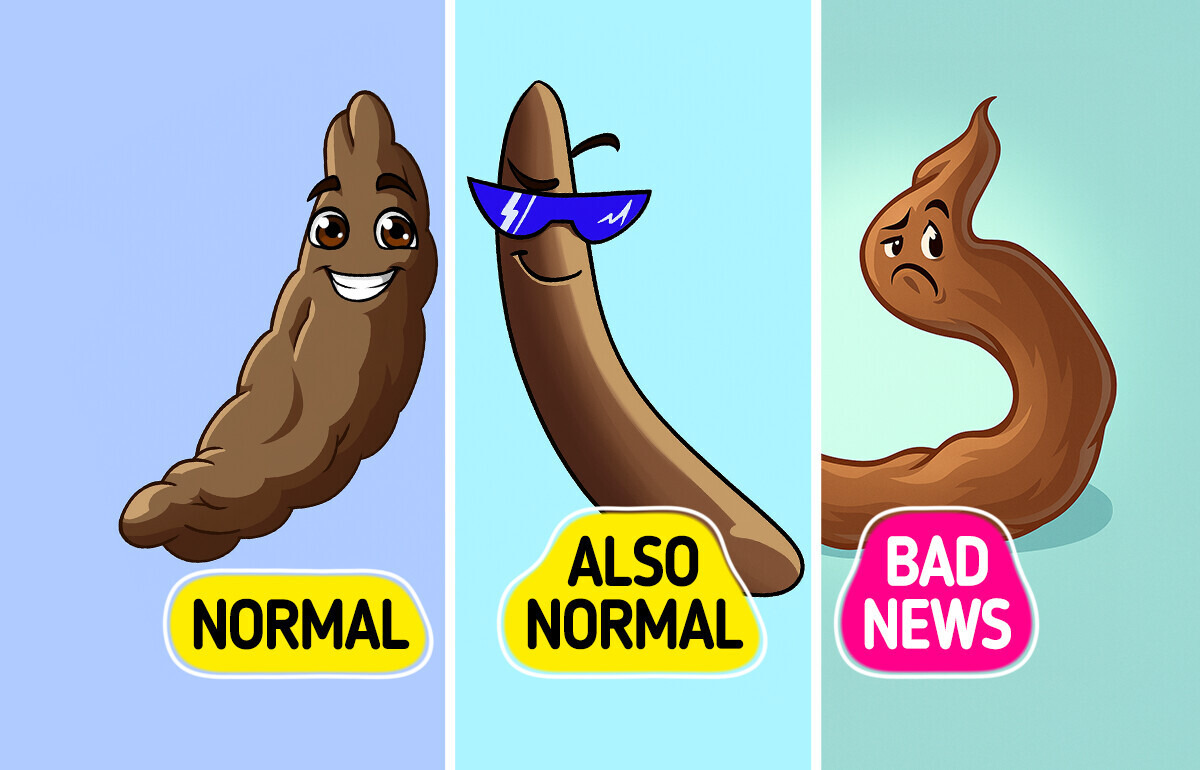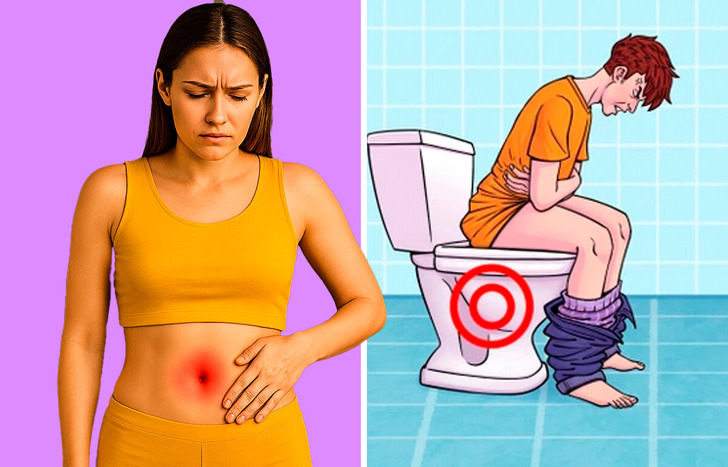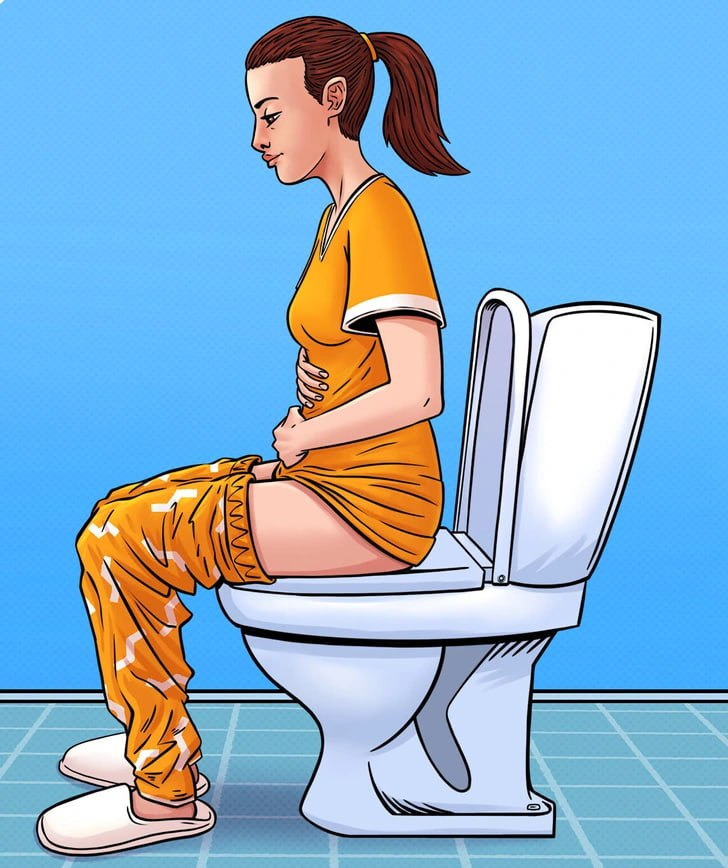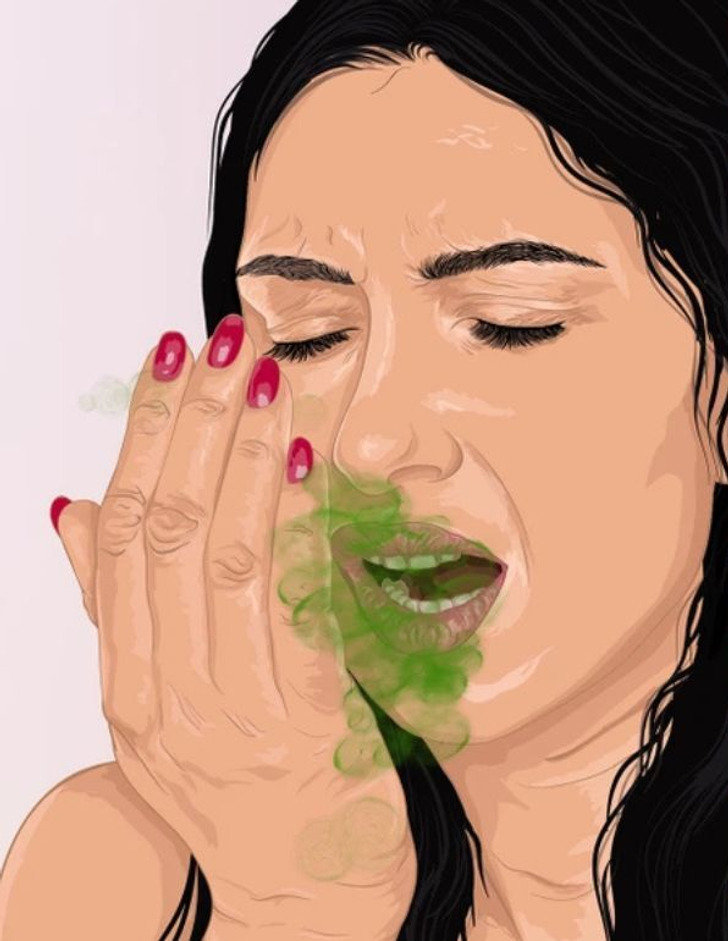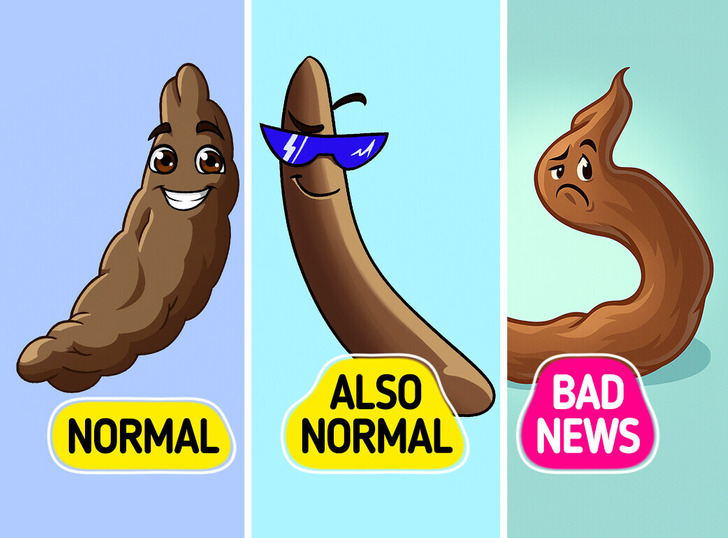Our gut health plays a major role in how we feel every day — often more than we realize. When your gut isn’t functioning properly, your body will start sending subtle (and sometimes not-so-subtle) signals that something is wrong. Recognizing these warning signs early can make a huge difference in protecting your overall health. Here are 12 key signs your body might be telling you that your gut needs help.
CONTENT IS PROVIDED FOR INFORMATIONAL PURPOSES ONLY AND IS NOT INTENDED AS A SUBSTITUTE OF MEDICAL ADVICE. SEEK GUIDANCE OF YOUR DOCTOR REGARDING YOUR HEALTH AND MEDICAL CONDITIONS.
1. You constantly feel bloated and uncomfortable.
- Does your stomach often feel tight or upset after eating? Regular bloating, gas, and cramping can be signs that your gut is having trouble breaking down food. If these symptoms occur frequently, they might point to issues like irritable bowel syndrome (IBS), food intolerances, or inflammatory conditions such as Crohn’s disease.
2. You feel constantly exhausted, even after a full night’s sleep.
- If you find yourself tired all the time, no matter how much rest you get, your gut might be the culprit. Research shows that almost half of those struggling with chronic fatigue also experience IBS. An unhealthy gut can disrupt your sleep patterns, creating a continuous cycle of tiredness and low energy.
3. Your stomach feels firm and bloated.
- If your abdomen feels unusually hard and swollen, it could be a warning sign of something serious, such as a blockage, hernia, or infection. When this firmness is accompanied by symptoms like cramping, loss of appetite, or difficulty passing gas, it’s important to seek medical attention right away.
4. You notice blood — and it’s not from a nosebleed.
5. You’re struggling to sleep without a clear reason.
6. You’re experiencing sudden pain around your bellybutton.
- Unexpected pain near your bellybutton can signal several underlying issues, such as a urinary tract infection (UTI), appendicitis, or pelvic inflammatory disease. If the discomfort doesn’t go away, it’s important to see a doctor as soon as possible.
7. You can’t stop craving sugar.
- The balance of bacteria in your gut plays a big role in controlling cravings. If you find yourself constantly craving sweets, it could mean harmful bacteria are outnumbering the healthy ones, contributing to inflammation and raising your risk for various health issues.
8. Blood after bathroom breaks: What it could mean.
- Noticing blood when you wipe? It could be something simple like hemorrhoids, or a more serious condition such as colitis, polyps, or even colon cancer. Don’t delay in getting it checked out.
9. Feeling full quickly, even after small meals.
- If you’re feeling full faster than normal, it might indicate issues like GERD, ulcers, or a slow digestive system. In rare instances, early satiety can be associated with cancers such as ovarian, stomach, or pancreatic cancer.
10. Experiencing sudden upper belly pain? It might be a gallbladder attack.
- Sharp pain in the upper abdomen, particularly after eating, could indicate a gallstone blocking bile flow. If the pain is intense or accompanied by nausea and vomiting, seek emergency care immediately.
- Poor digestion, constipation, and bowel disorders can contribute to bad breath that originates from the stomach. Acid reflux, a common symptom of gastroesophageal reflux disease (GERD), can cause stomach acids and the smell of recently eaten food to travel back up the esophagus into the mouth, resulting in unpleasant breath or halitosis.
Additionally, an imbalance between good and bad bacteria in the gut can lead to improper digestion, which may cause acid reflux, yeast overgrowth, or fermentation—factors that all contribute to foul-smelling breath. Addressing these digestive issues is key to managing bad breath that stems from the stomach.
12. Understanding Your Stool
- Healthy poop is typically smooth, soft, and sausage-shaped or like a snake, often with cracks on the surface. It usually has a medium to dark brown color, indicating proper digestion and bile processing.
- Almost healthy poop may appear lumpy or consist of soft blobs with clear edges. This form can suggest mild constipation or a slight deficiency in dietary fiber and hydration. The color might sometimes be green due to certain foods or supplements, which is usually harmless if temporary.
- Unhealthy poop includes hard, separate lumps or watery, liquid stool. Hard lumps often indicate constipation caused by dehydration or low fiber, while watery stool points to diarrhea, which may result from infections or digestive disorders. Unusual colors such as black, bright red, pale, or yellowish stool can signal serious underlying health issues like bleeding or malabsorption.
How to regain control of your gut health:
- Include probiotics in your diet.
- Reduce sugar and processed foods.
- Manage stress effectively.
- Stay hydrated.
- Stay active.
- Get sufficient sleep.
- Seek medical advice.
Taking control of your gut health is a journey that requires mindful choices, but the rewards are worth it. By incorporating probiotics, managing stress, staying hydrated, and making healthy lifestyle changes, you can support your gut and overall well-being. Here you can find more information about your health.

